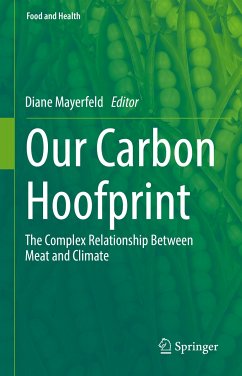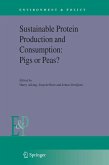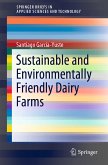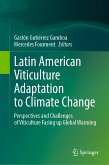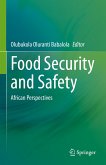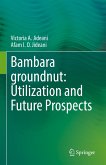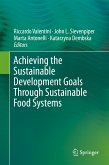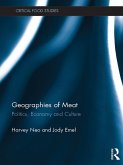This book shows us that the answer is not so clear-cut. Beginning with the implications of the UN's Livestock's Long Shadow report, it breaks down the blind spots and highlights the insights of the most prominent pro-meat arguments, as well as of the push for a global switch to vegetarianism. While advances in efficiency might reduce greenhouse gas emissions perunit of meat or milk produced, attendant decreases in cost can enable overconsumption and thus produce more waste. And while carbon sequestration is beneficial, it is not a reliable cure-all for the industry.
Due to the economics of farming, however, eliminating meat consumption may not even reduce emissions at all. The truth about livestock production is much more nuanced but, luckily, also far more holistic. The future of agricultural policy will have to take into consideration factors such as human health and economics, as well as climate. Eschewing ideology for empirical rigor, this book paves an actionable path forward for both consumers and producers, offering unique solutions for each livestock system and simple, everyday adjustments for the average omnivore.
Dieser Download kann aus rechtlichen Gründen nur mit Rechnungsadresse in A, B, BG, CY, CZ, D, DK, EW, E, FIN, F, GR, HR, H, IRL, I, LT, L, LR, M, NL, PL, P, R, S, SLO, SK ausgeliefert werden.

